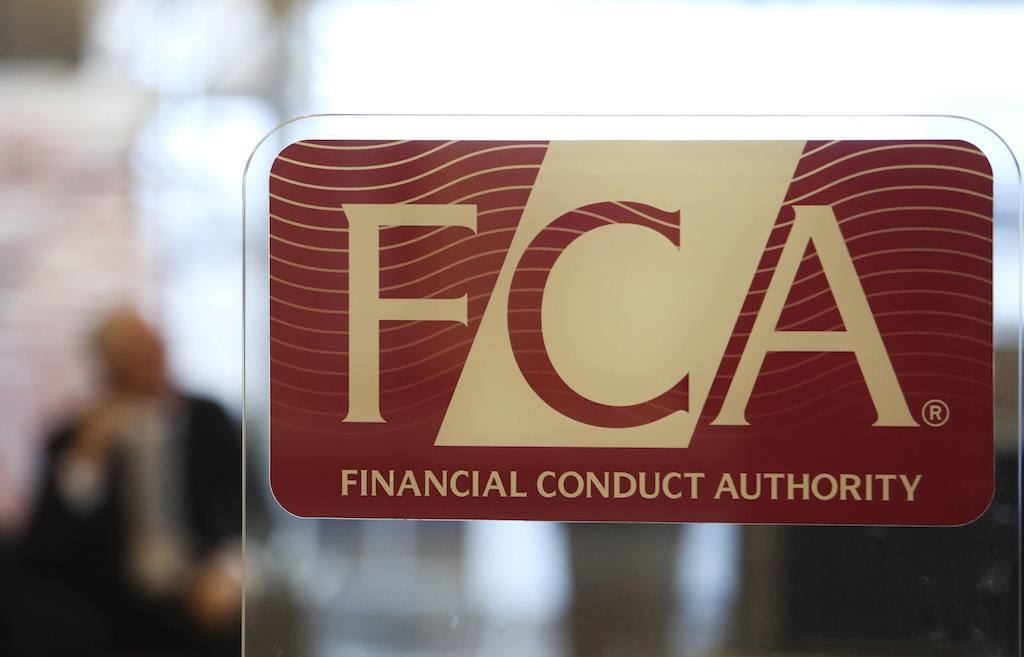The UK Financial Conduct Authority (FCA) has written to investment platforms and SIPP operators setting out its concerns on the way they deal with any interest earned on customers’ cash balances.
The amount of interest earned by some firms has increased as rates have risen. The FCA recently surveyed 42 firms and found the majority retain some of the interest earned on these cash balances, which may not reasonably reflect the cost to firms of managing the cash.
Based on the responses to an information request and ongoing engagement with firms, the FCA has found that:
- The majority (71%) of 42 sampled firms retain at least some of the interest they earn on customers’ cash balances, between a range of 10% to 100%. On average they retain 50% of it.
- Of the platforms which retain interest, 61% also charge a platform fee on the customer cash they hold.
- There is a high degree of variance in the quality of disclosures made to consumers on the retention of interest: the FCA found that information on this can be both difficult to find and difficult to understand.
- Firms offered several different justifications for why interest is retained. The two most prevalent were that retention of interest on cash was undertaken to cover the costs of managing cash, or to discourage long-term allocations of cash in platform accounts.
The FCA expects firms to ensure that their retention of interest on cash balances provides fair value and is understood by consumers in line with the Consumer Duty, in particular the Duty outcomes of price and value and consumer understanding.
The high percentages of interest retained by some firms are not in line with customers’ reasonable expectations, and as such are unlikely to amount to firms acting in good faith. Retention of interest by firms is generally not providing fair value to consumers (for example, if it very significantly exceeds operational costs, where that is given as a justification for the retention).
The FCA also has serious concerns with the practice of some firms which both retain interest and take an account charge or fee on customers’ cash (‘double dipping’). This practice may be particularly likely to confuse consumers and the FCA does not consider that it demonstrates that a firm is acting in good faith, that is honest, fair and open dealing, and acting consistently with the reasonable expectations of customers. These concerns about double dipping are in addition to the more general concerns about the level of retention of interest.
Sheldon Mills, Executive Director of Consumers and Competition at the FCA said:
‘Rising rates mean greater returns on cash. Investment platforms and SIPP operators need now to ensure how much of the interest they retain and, for those who are double dipping, how much they’re charging customers holding cash, results in fair value. If they cannot make that case, they need to make changes.
‘If they don’t, we’ll intervene.’
Firms will need to make any changes by February 29, 2024.









